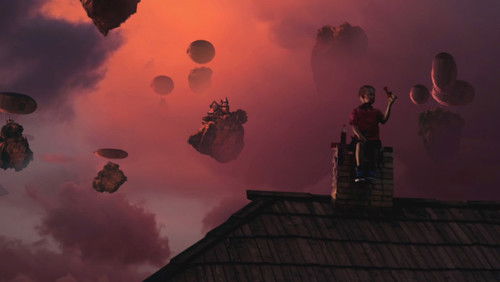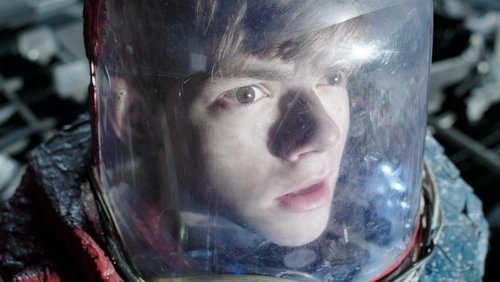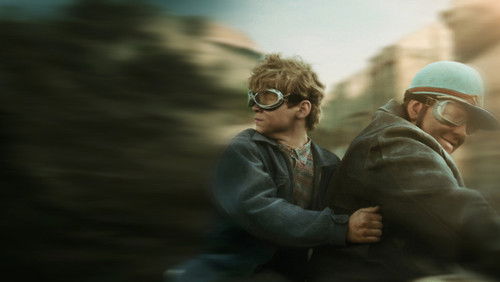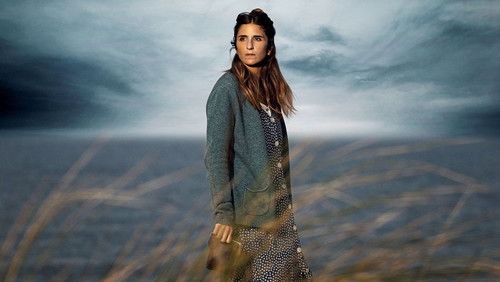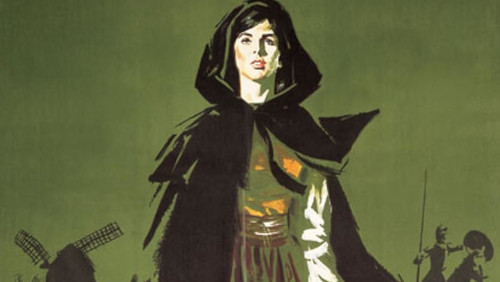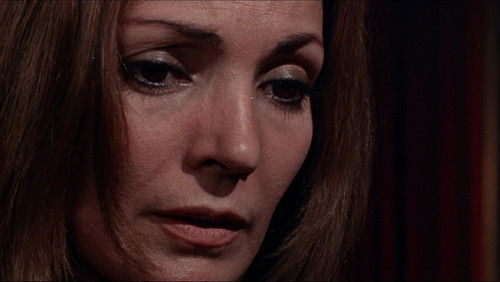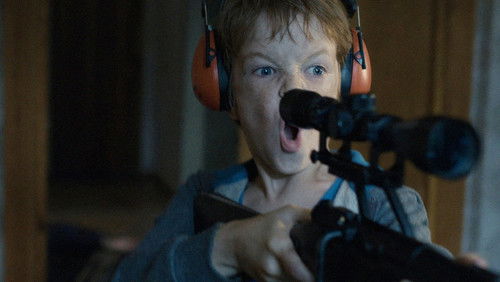Thampu (1978)
65KThampu (1978). 2h 9m
“u0026quot;Wherever there is a filmmaker prepared to stand up against commercialism, exploitation, pornography and the tyranny of technique, there is to be found the living spirit of the New Cinema.u0026quot;nu003culu003eu003cliu003eGlauber Rocha in Politics of Hungeru003c/liu003eu003c/ulu003eu003cbr/u003eu003cbr/u003eThe indian new wave or parallel cinema began as an alternative to the commercial routines, characterized by naturalism and realism, while keeping a keen eye on the social and political upheavals of their respective periods. Reaching its pinnacle during the 70u0026#39;s and 80u0026#39;s the movement began in bengali cinema and spread to other industries. G.Aravindhan and Adoor gopalakrishnan are thought to be the main exponents of this parallel movement in malayalam filmsream.u003cbr/u003eu003cbr/u003eA docudrama based on some circus people and their impact in a village, Thampu remains critically acclaimed as one of the best works in indian parallel cinema and that of the film maker G.Aravindhan. Shot with some retired or discarded circus artists, the movie is done in a docu-fiction mode , maintaining a natural array of events in the screenplay.u003cbr/u003eu003cbr/u003eAcross a dirt road, the circus truck comes to a village. The tent goes up. Schoolboys run to the tent. Besides a long glittering river some men raise a pole. A tent balloons up. Where there was wide sand and the sound of water lapping, there is now a truck, chairs, hoops, stools, ropes, goats, a lioness, a pair of fat girls, some bicycles, and an old man with a philosopheru0026#39;s dignity, putting on white paste. Village women come and watch an acrobat roll a hoop across a tightrope. A frail leopard hops from one stool to another under the ringmasters instructions. A gap-toothed old woman gazes at a goat on a tight rope; her eyes are wide with curiosity. The drunkards, young men, curious village boys and surprised housewives sit open mouthed , watching the different items.u003cbr/u003eu003cbr/u003eFor three days the cicrus makes small ripples in the life of this village. The village president and areas rich men are treated with pomp and glory to run the circus smoothly. Municipal permits are required. At a toddy shop, a soldier befriends the circus strongman; a pump attendant sits on a rock each day watching a village girl bathe and dry her hair. The dwarf brings back to the circus a watermelon larger than his head.nIn the filmu0026#39;s three days, we, the viewers, learn the geography of the village: the banyan treewith leaves like transparent film, the shining water, the light on the sand at sunset. A frustrated young man of a family settled from abroad struggles to cope up with the change in his surroundings and a conflict with his self. The village prostitute starts making some quick bucks with the trucks and buses coming. When the circus leaves the village, it leaves us.u003cbr/u003eu003cbr/u003eThe circus comes and leaves; life goes on.u003cbr/u003eu003cbr/u003eA general warning : dont be surprised if u doze off in the middle, the movie is really slow with no major happenings or even a background score. watch only if you are bored with the normal movies and want to watch soemthing different 🙂 :)u003cbr/u003eu003cbr/u003eExperts from an interview with Aravindhan on thampu :u003cbr/u003eu003cbr/u003eWhen you planned the film THAMBU, what was uppermost in your mind: was it the problems and insecurities of the circus artists or the response of the villagers to the circus tent?nI planned THAMBU as a documentary feature. The film was shot in Thirunavaya on the banks of Bharathapuzha. I came to this village with ten to fifteen circus artistes who had already left their circus company. We did not have a script, and we shot the incidents as they happened. What we did on the first day was to call all the villagers and perform a circus act for them. There were a lot of people who had not seen a circus before. We shot their responses as they were watching. We did not ask them to do anything. After the initial hesitation, they forgot the lights and the shooting and completely got involved in the circus. It was all very original. At that time the village was also getting ready for the Ayappan Vilaku festival, which we used in the film. Finally the whole village got so involved in preparing for its festival, they lost their interest in the circus. The film ends there. In fact it is a location film.”
